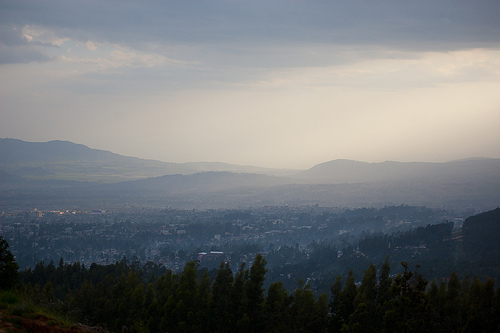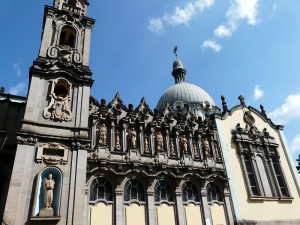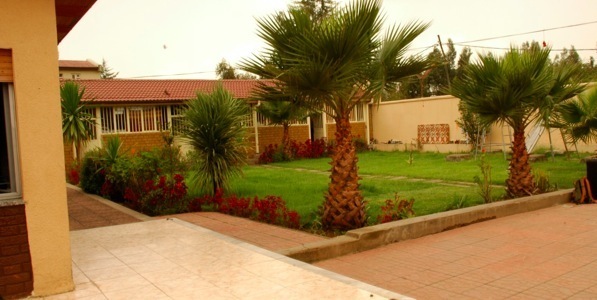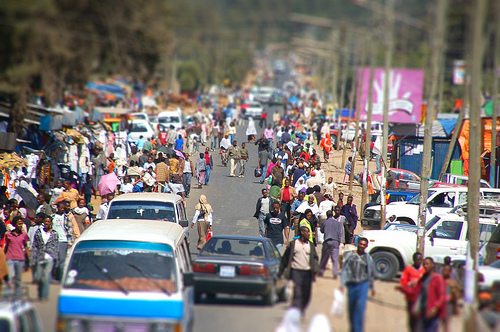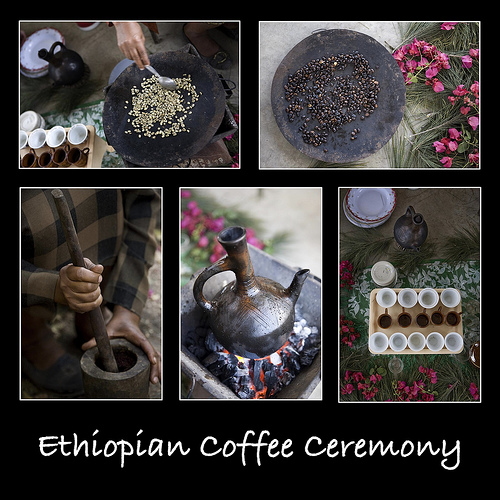What I am seeking is not here, and for that very reason I believe it. Faith expressly signifies the deep, strong, blessed restlessness that drives the believer so that he cannot settle down at rest in this world.
-Soren Kierkegaard, Uplifting Discourses in Various Spirits p.218
Just like coming back from a week of summer church camp and entering the fog of real life again, so has been the return from this trip to Africa.
I really didn’t think anything as an adult could be the same way. I wasn’t expecting it to be. It was. It is. I’m in the middle of the fog right now, wanting to hold on to all that I experienced in Africa, but it is being quickly overcome by the return of the day-to-day. All the silver Spanish doubloons that I found on the seashore are quickly being covered over again with the tide as I scramble to stuff as many in my cupped shirt as I can before the water fills up every cranny that I dug out.
I remember a particularly wonderful summer camp when I was about 14. I made good friends, love the speaker and the times of worship twice a day, and even got up for the early prayer meetings a few times – and not just to impress one of the girls there either. Coming home, I remember my mother (God bless her) shattering my new found fervor on the drive home by reminding me that I needed to mow the lawn and wash both the trucks as soon as I got back. In the same way my children trampling me at the door and on Monday, my boss, seek to return me to my “normal” place in the order as quickly as possible. The pressure to maintain the status quo is stiffing. Is there any way to overcome it? It seems that with enough of the proper motivation or change in thought pattern (I hate the word paradign shift, it’s completely overused, but this is probably where it should be used.), with enough of that, we should be able to reach an escape velocity of sorts and make a genuine change on course, not just a minor adjustment of preference, like a raft riding the rapids, but to steer down a completely different river – something that involves some sustained paddling.
Am I going to do anything about Africa? Was I nothing more than a tourist acquiring a daughter? That in itself is not to be taken lightly and I have no intention of taking it lightly. But it is just one thing – another child. Here, in America, in this house, learning the same sorts of things, becoming a similar kind of child – not that that is a bad thing. It’s fine. It has become her place in life, for better or worse. Many good things await her.
But do I change at all? Do I do anything about Africa? Send some money to feel better about myself? Send some money to help some specific people (a better motivation). Go back? I want to go back, but I’m not quite sure what to do. I could find a tech job there and move the whole family. Crazy! I could go back on a mission trip (imagining this seems utterly unsatisfying, bleh). Go back and learn the language, crack the code, be a lay minister and add some grace-magnifying reform into some of the fast-car “pentay” protestantism to stave off the prosperity gospel? Build bridges with the Orthodox? Learn the history? Do something with coffee? Work with the farmers? I had never really considered these possibilities and now there seem like so many of them! Wow.
People often come back from mission trips to the third world and talk like this. I must admit I’ve often poopooed it. Now I think I understand one part of it. In America, it seems like you have to invest SO much time and energy and money into an endeavor to see any results at all. A minister can preach his heart out to a crowd of spoiled young people for years on end and see no results. None. In some parts of Africa, you can preach for a day and have throngs of excited listeners. In America, it can cost $20,000 to dig yourself a modest well for your little cabin in the woods – half of your salary after taxes. In Africa, you can spend a couple days digging a well for much less and immediately see it tangibly change the lives of hundreds of people. Here, a visit to the doctor and some medicine will run you $500. In Africa, that $5 bottle of anti-parasite pills can dramatically change someone’s life, right in your face! I can see now that if you want to have impact on your world, living in the rich west can be immensely frustrating. Just look at all the people scrabbling over a priceless few tenured positions in academia. It’s temping to say, “Screw that!” and opt to serve in some unknown corner of the globe where you can see the fruit of your labor multiplied immensely. That, at least, must be some of the draw.
But I’m back in the fog. These possibilities will all die as I go back to writing code and trying to come up with enough money to pay for an iPhone 4 or something. Barf! Do I have to live like that? Can I reach any sort of escape velocity? Or does God wish me to just stay the course – ho this long row. There are quite a few good reasons why he might wish exactly that. But I don’t want to deceive myself. Once again, I have too many options.
“Anxiety is the dizziness of freedom before the yawning abyss of possible failure.”
-Soren Kierkegaard, The Concept of Anxiety, p.61
Still, even if, from the outside, nothing seems to come of this week-long journey, I am much grateful for it.
Photo credit. (Addis in the fog, from a close by hill.)

